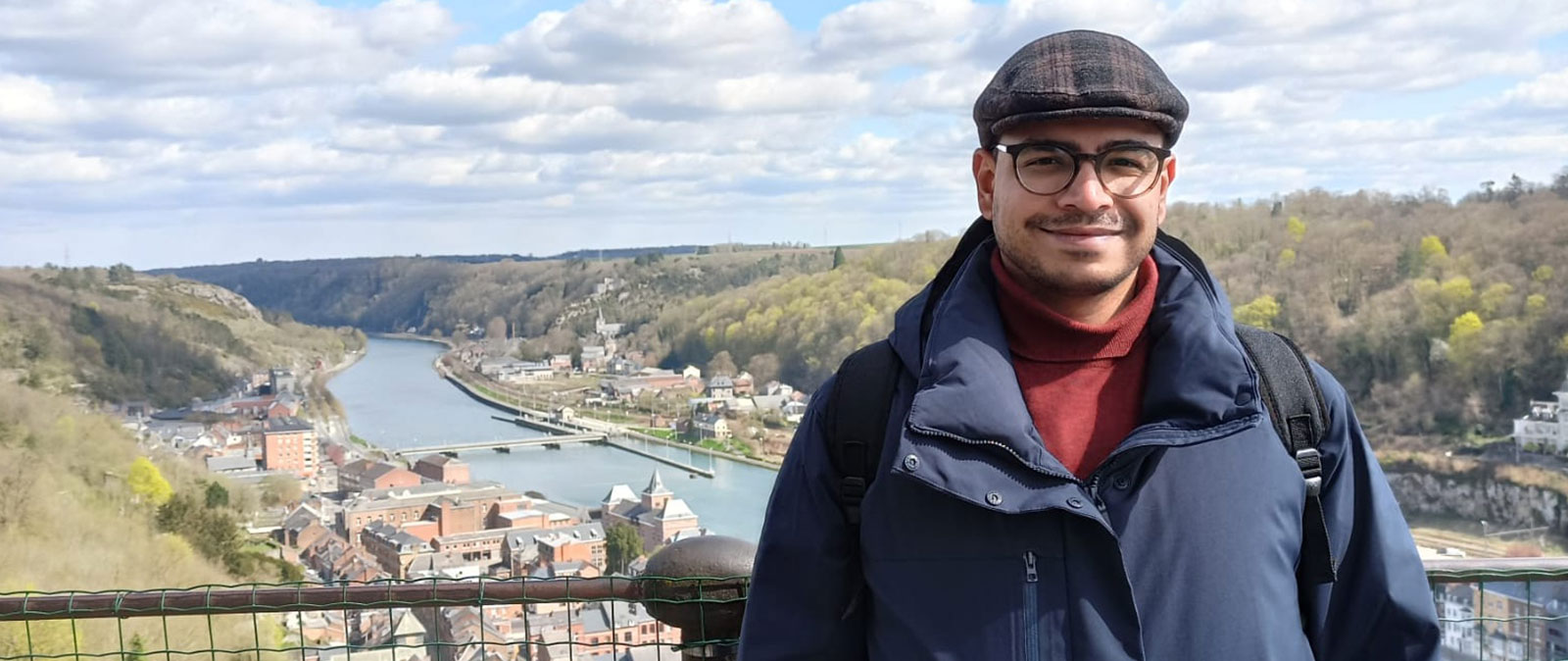Self-learning drive, multiple internships, sharpened insights, knowledge, and how it changed every perspective for Ashay Deshpande, a researcher and FLAME alumnus.
It all started at FLAME. As poetic as it can get, the 101 Social Psychology course gave Ashay the much-needed zeal to pursue a career in this field. The multidisciplinary nature of the course was stimulating yet incredibly insightful.
However, reality hit Ashay pretty early. Sometime in 2016, he realised the psychology courses were riddled with inadequate and outdated content. But, all was not bad. It encouraged Ashay to self-learn. But, he felt unprepared in the international arena whilst pursuing an MSc in Social Psychology Research
Internships that paved the way
Ashay belongs to the school of thought that theory and practice go hand in hand. This is where internships come to the rescue. Through the varied internships, Ashay explored the different facets of the work. His objective was to conduct his work as a Social Psychologist. Every internship that he took up sharpened his zeal for the field.
Ashay had taken up internships at Samavedana, Erehwon Innovation Consulting, and Connecting NGO.
At Samavedana, Ashay learned how to work with clients and patients. It also deepened his understanding of the financial aspects of the treatment. At Erewhon, he worked as a researcher and grasped the nitty-gritty of science communication. His experiences and insights at Connecting NGO were deemed the most influential and valuable. Here, he worked directly as a suicide counsellor and researcher. It was grilling yet challenging! Ashay got to confront his limits as a psychology student and a human being. While conducting his work, he ensured not to overlook the actual people involved in the largely statistical research.
On the other side of the classroom
It was at the Vrije Universiteit Amsterdam (VU Amsterdam) where Ashay found himself on the other side of the classroom. He was a Junior Lecturer in Psychology at the Faculty of Behavioural and Movement Sciences.
Ashay took up this opportunity with the intent of staying connected with academia. At the time, he was seeking a research position. However, things changed for him! He found the exposure and experiences fulfilling and enriching. It gave him a valuable lesson: research and teaching must go hand-in-hand. What excited him the most was the opportunity to spark curiosity and interest in future psychologists.
The next node: from teacher to a researcher
Ashay later moved to the Centre for Social and Cultural Psychology at KU Leuven to pursue his PhD research. He has worked on a project funded by the European Research Council. The project caters to the emotional acculturation of immigrants. The motivation to take this up stemmed from his supervisor, Dr. Batja Mesquita’s research. The crux is that the more individuals interact with different cultures, the more similar and aligned their emotional patterns become toward the other cultures. This insight laid the groundwork for Ashay. Keeping this in mind, he specifically worked on the implications of the successful integration of immigrants and their well-being.
After a year as a cultural psychologist, Ashay has now moved to the University of Groningen, Faculty of Behavioural and Social Sciences in the Netherlands to pursue a PhD project on the psychology of communicating tipping points for social change, funded by the Dutch Research Council (NWO). Under the supervision of Dr. Kai Epstude and Dr. Martijn van Zomeren, this project will focus on understanding how to effectively communicate “now or never” information to people in order to stimulate collective action towards social change, dealing with topics such as climate change, public health information (e.g., covid vaccination), and salient political issues.
Getting into Ashay’s philosophy
Working as a social and cultural psychologist is not glamorous or glitzy. It is mentally and emotionally exhausting and can take a toll on researchers.
Nonetheless, social,and cultural psychology enables one to explore the psychology of individuals situated in groups. The mind is the most crucial and fascinating tool, and coming together with other minds in cooperation is the very basis of human society. This is the enriching and enthralling aspect of this field.
It is critical to monitor and manage one's mental health. Ashay is a social and cultural psychologist who primarily works with groups rather than individuals. During his internship at Connecting, he discovered that keeping mental health in check when dealing with patients is a balancing act.
To this end, he finds clinical psychologists who can do this day in and day out commendable.
In Ashay’s words
Ashay holds as his primary advice that aspirants to psychology research must get updated with current research. In doing so, they should give their focus to the latest tools and methodologies. Keeping track of the latest issues in psychology, such as the replication crisis, the theory crisis, and what researchers are doing to solve these issues such as the open science framework are crucial to entering any of the subfields of psychology research.
Another is that the value and importance of teaching must never be disregarded, despite academia’s focus on publications as opposed to education. This is a crucial aspect of creating the next generation of psychologists.


